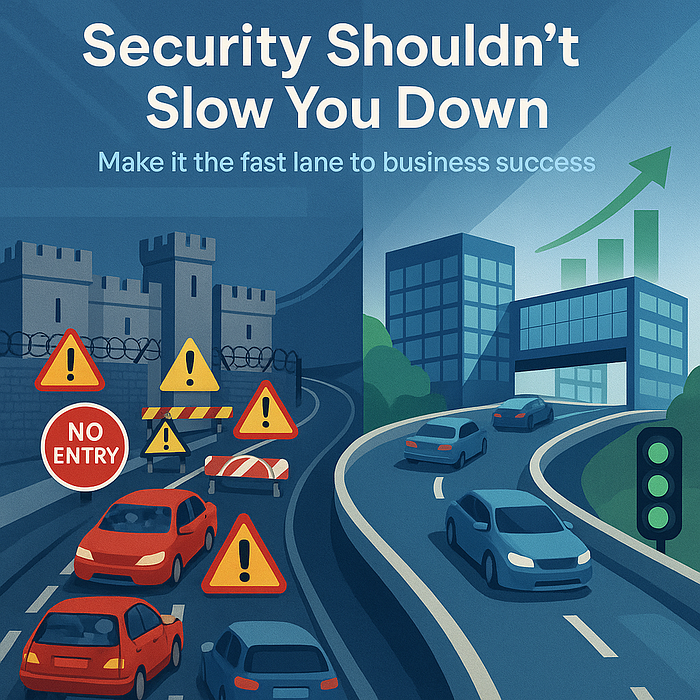Do you say sorry to often ?

During a quick morning walk, I wondered how often we apologise at work.
We've all been there. You're in a meeting, you want to ask a question, and the first words out of your mouth are "Sorry, but..." Sound familiar?
I used to be a chronic over-apologiser. Every question, every opinion, every normal workplace interaction started with an apology. It wasn't until a colleague pointed it out that I realised how much it was undermining my credibility.
Here's the thing: saying sorry too much doesn't make you polite, it makes you seem unsure of yourself. Worse, it can actually irritate your colleagues and managers who start questioning whether you're taking real ownership of your work.
So let's break this habit. Here are nine workplace situations where you need to stop apologising:
1. "Sorry, can I ask a question?"
No! Questions are good. They show you're engaged and want to understand things properly. Smart people ask questions; that is how we learn and avoid mistakes later.
Try instead: "I have a question about..." or simply "Can you help me understand..."
2. "Sorry, I need more time"
Unless you've actually missed a deadline, you don't owe anyone an apology for doing thorough work. Rushing through tasks just to seem fast often creates more problems than it solves.
Try instead: "I'll need until [specific time] to deliver quality work on this."
3. "Sorry, I disagree"
Your opinion matters. That's why you're in the room. When you lead with an apology, you're essentially saying your viewpoint isn't worth hearing until you've shared it.
Try instead: "I see it differently..." or "I'd like to offer another perspective..."
4. "Sorry, I can't do that"
Sometimes the answer is no. Maybe the request is unrealistic, outside your role, or you're already at capacity. A clear, professional "no" is better than a guilty-sounding apology.
Try instead: "I'm not able to take that on, but here's what I can do..." or "That's outside my current bandwidth."
5. "Sorry, I have a suggestion"
This one drives me crazy. You have a potentially brilliant idea, and you're apologising for it? Your suggestions have value: own that.
Try instead: "I have an idea that might work..." or "What if we tried..."
6. "Sorry, I'm late"
If you're genuinely late, acknowledge it briefly and move on. Don't spend five minutes apologising, that just wastes more time and draws attention to the issue.
Try instead: "Thanks for waiting. Let's dive in" or "I'm here now—what did I miss?"
7. "Sorry, I'm just doing my job"
Never apologise for being professional. Following procedures, enforcing policies, or maintaining standards isn't something to feel bad about; it's what you're paid to do.
Try instead: "I need to follow our standard process here" or "Let me walk you through how this works."
8. "Sorry, I don't know"
Nobody knows everything. Pretending you do is far worse than admitting when you need to find out more information.
Try instead: "Let me find out and get back to you" or "I'll need to check on that."
9. "Sorry, I made a mistake"
Mistakes happen. What matters is how quickly you fix them and what you learn from them. Excessive apologising just keeps everyone focused on the error instead of the solution.
Try instead: "I spotted an error: here's how I'm fixing it", or "I learned something from this mistake that will help going forward."
The Bottom Line
I'm not saying never apologise at work. When you've done something wrong or caused real problems, a sincere apology is absolutely appropriate. But save your sorries for when they really matter.
Start paying attention to how often you apologise in a typical day. You might be surprised by the number. Once you notice the pattern, you can begin changing it, one conversation at a time.
Your ideas, questions, and professional standards don't need apologies; they need confidence.
;



